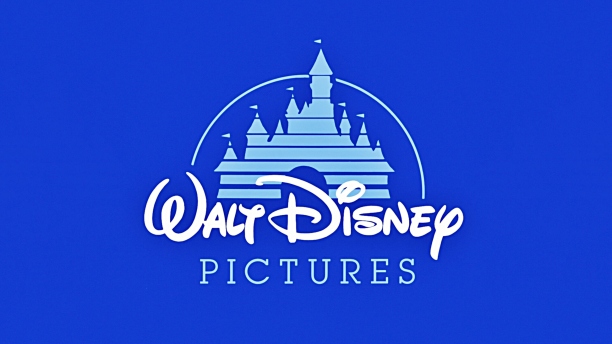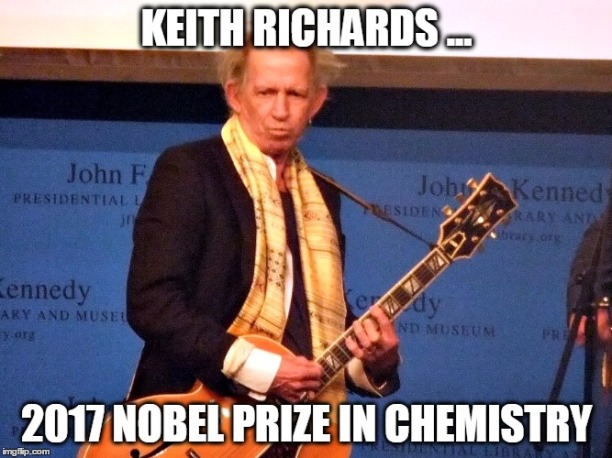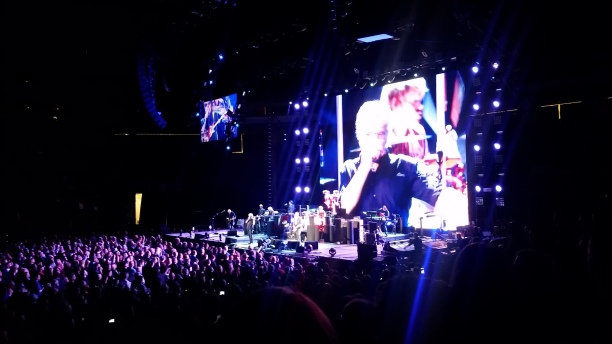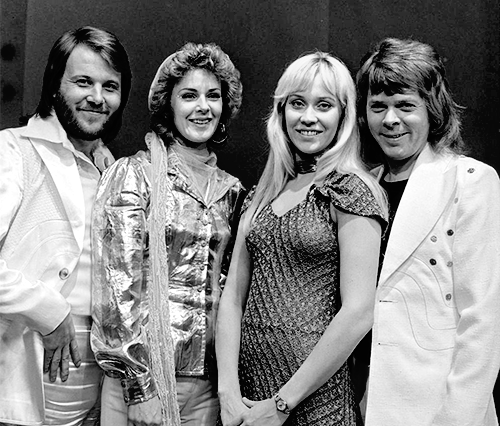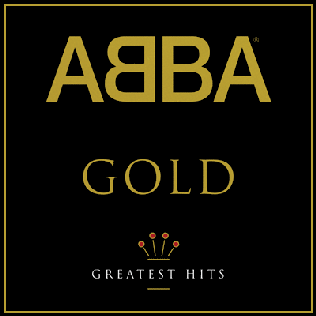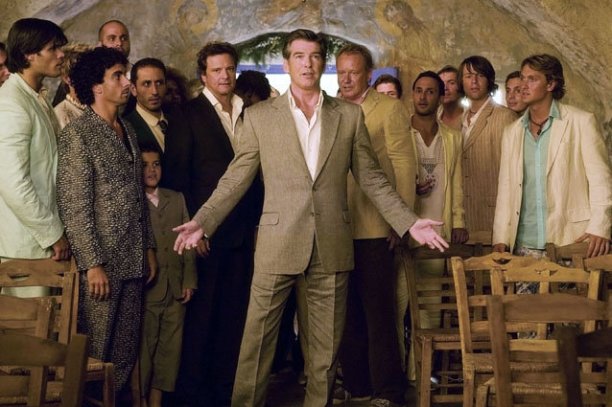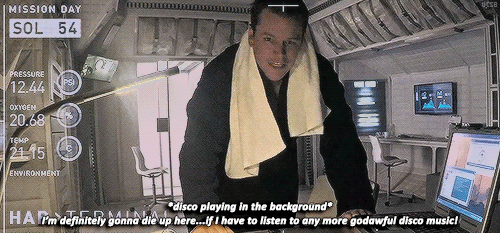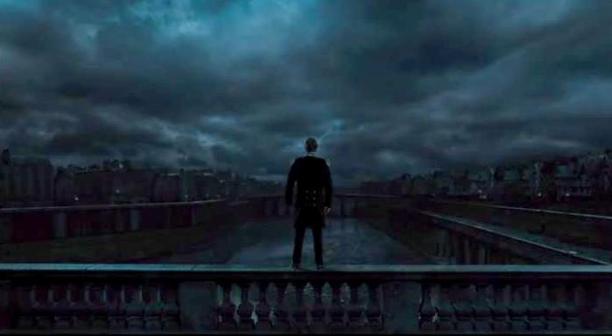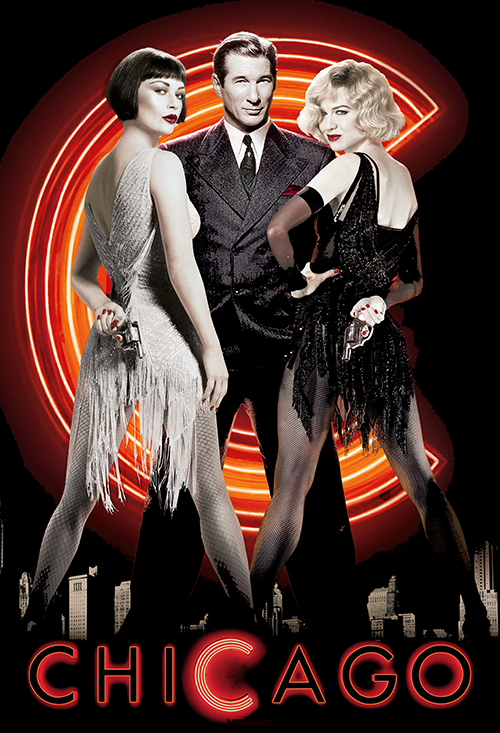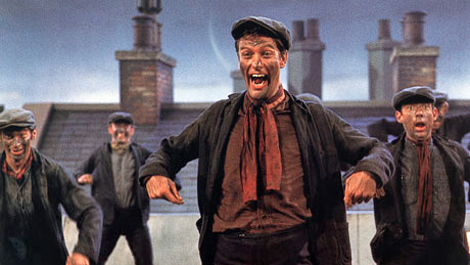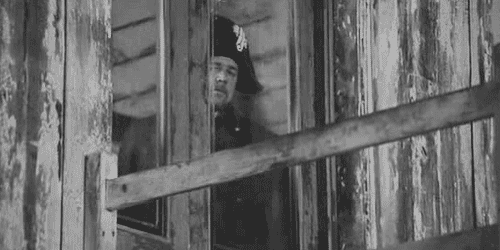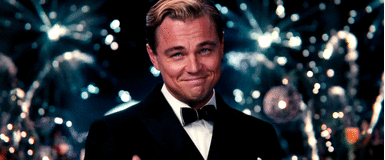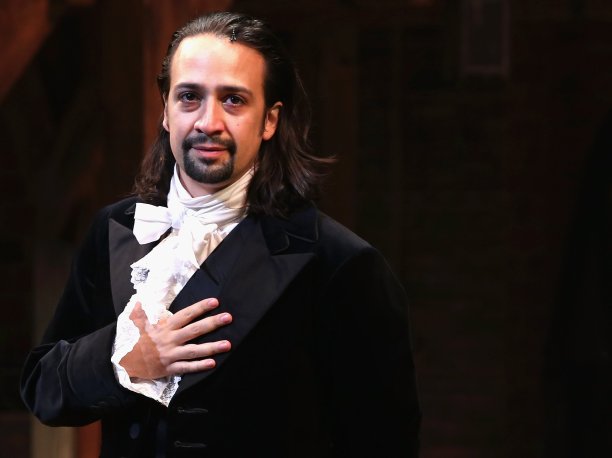I lied again. 😀
Not Part III of the underrated Disney movies series. I got bored. ^^”
Anyway, apparently this is our last mandatory blog post? What?! So soon? I’m not really sure how I feel about this. It still hasn’t hit me that there’s less than a month of school left … which is absolutely terrifying.
I never wrote a lot of the blog posts I’d promised I’d write (hahahaha), nor did I blog as often I would have liked to have done. Oh well.
Maybe I’ll continue this blog even after I graduate … okay, who am I actually kidding? Sigh.
Guess I’m going to be ending this disastrous blogging experience on kind of a quiet, humdrum note, eh? Sounds like something I’d do, honestly.
Well, for what may be the last time — *gulps* — here goes nothing.
DISCLAIMER BEFORE THE ACTUAL LIST OF SONGS SO THAT NO ONE YELLS AT ME
- I have listened to only so many songs in only so many other languages. I’m sorry if your favorite foreign language song isn’t here; most likely it’s not because I don’t like it, but rather because I’ve never heard of it.
- I’m not counting songs that are partly in English and partly in another language.
- I’m not counting songs that are purely gibberish or that are in made-up languages. Sorry not sorry.
Anyway, actual post time!
5. ‘Sukiyaki‘ (or ‘Ue o Muite Arukō‘) by Kyu Sakamoto
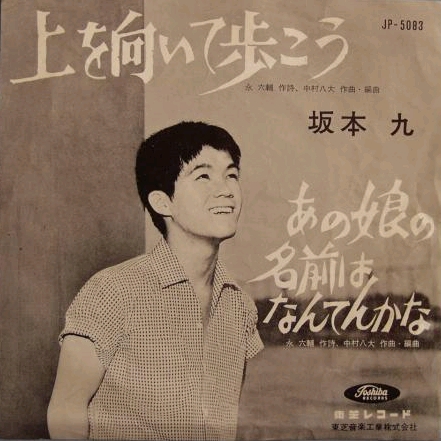
The only Japanese song to reach #1 in the U.S., this song was called ‘Sukiyaki’ — the name of a Japanese dish that has absolutely nothing to do with the song — in the Western world because it was easier for people to pronounce and to remember. The actual title, ‘Ue o Muite Arukō,’ means ‘I look up as I walk.’ This song was a hit around the world in 1963 and remains one of the best-selling singles of all time; it’s not difficult to see — or should I say, hear? — why. ‘Sukiyaki’ consists of a very light and simple melody, with very few instruments backing up the vocals. Sakamoto’s voice is pleasant, and the whistling adds an almost swing feel. Ironically, the song is about a Japanese student’s frustration at the continued American military presence in Japan, but the lyrics are purposely left extremely vague so that it can be mistaken for a song about unrequited love.
I actually first heard of this song from none other than the handbell game on Wii Music, as sad as that may sound.
4. ‘Drumurile noastre‘ by Dan Spătaru
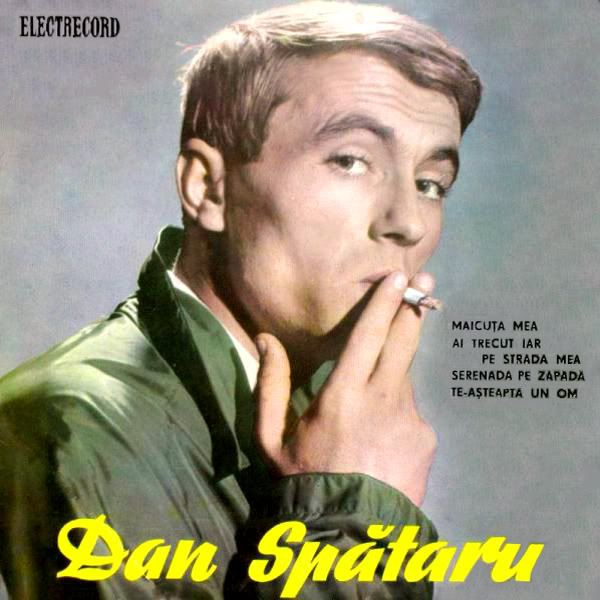
Okay, surprise, there’s a Romanian song on this list because GUESS WHAT I CAN UNDERSTAND IT SO YAAAAAAAAY. Anyway, my parents (and my grandparents) really like Dan Spătaru; he was one of Romania’s most popular singers, especially in the Communist era, as he wasn’t censored. He’s basically Romania’s Frank Sinatra, which may sound like a weird comparison but y’know what just go with it please. (I mean, they both have very shallow ranges, so there. That’s a close enough similarity, right? Right?!) Anyway, my dad played his Dan Spătaru CD a lot in the car when I was really young, so it’s predictable that at least one song would stick with me. Well, “Drumurile noastre” (“Our roads” is the *direct* translation given by many websites, but I personally think “Our ways” makes more sense in context) is the one that stuck. It’s a sad but mildly hopeful song about people’s paths diverging but perhaps crossing / meeting again in the future. Again, in what will undoubtedly become a trend for the rest of this post, the instrumentation is what really makes the song great. Sure, Spătaru’s voice holds up and isn’t in any way grating, but the percussive and orchestral backing instrumentals give the song its positively corny and distinguishable old-timey Romanian sound. What probably made this song really popular with Romanians is the fact that the instrumentals are just a bouncier, more orchestral version of common traditional folk melodies. Keeping it simple, eh?
3. ‘Rock Me Amadeus‘ by Falco
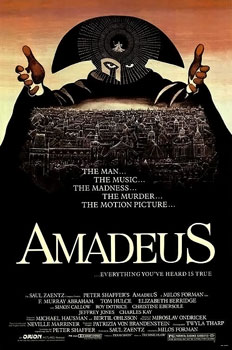
Okay, I lied about not doing songs that are English + another language BECAUSE I FORGOT THAT THIS SONG HAS A RANDOM SENTENCE IN ENGLISH OKAY I’M SORRY I FORGOT.
Anyway, do my parents understand a word of German? Nope. Does anyone in my family understand German? Nope. Do my parents even like rap? Nope. Do they even know who this song is by? NOPE. But that doesn’t mean they don’t love this song and play it. A LOT. It’s somewhat ridiculous, I know. But this song was really popular when released in 1985; it was the only song by Austrian rapper Falco, who was well-known in continental Europe, to reach #1 in the U.S. and in the U.K. Falco was inspired to write the song after the success of the 1984 movie Amadeus, which is personally one of my favorite movies; Falco was banking on the song being an international success because of the international success of said movie. Well, he was right!
In any case, Falco made a lot of remixes of the song, and I prefer this longer particular remix to the original European version that my parents like. It has a faster tempo than the original version, which lends it more of a disco / funk feel to the track, which I thoroughly enjoy. There’s also some female singer overlaid on parts of the track, which I don’t mind at all. It helps to break up the rap into smaller pieces, which I find more agreeable.
2. ‘La Foule‘ by Edith Piaf
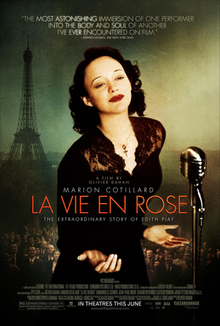
Yes, I know that this is not one of Edith Piaf’s most famous songs (the honors for that would go to ‘La Vie en rose‘ [‘Life in pink’] and ‘Non, je ne regrette rien‘ [‘No, I regret nothing’]). But I love the backing instrumentals of ‘La Foule’ (‘The Crowd’) so much; the song, as a whole, really encompasses what one might think of when one hears the phrase ‘French music.’ I know that’s a stupid reason to like a song, but eh, so it goes. Piaf’s dramatic enunciation is also on vivid display here. The piano lead-ins are a great tempo keeper, and the orchestration is a nice, somewhat muted touch. Also, it helps that Piaf’s songs actually have lyrics that make sense!
1. ‘Felicità‘ by Al Bano and Romina Power
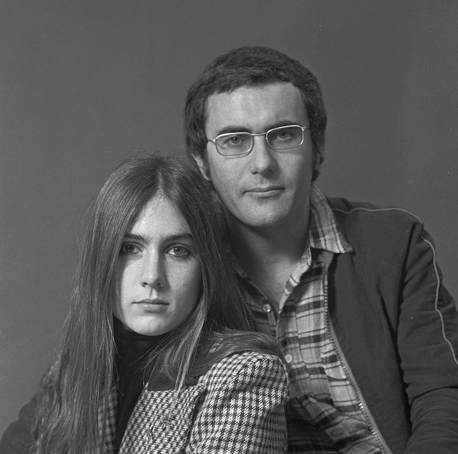
Well, unlike with ‘Rock Me Amadeus,’ my parents can actually understand this song (‘Happiness’) because Italian is fairly similar to Romanian. Anyway, when they first visited Italy about 20 years ago, they brought home a bunch of Al Bano and Romina Power CDs, including their 1982 album Felicità, arguably the duo’s most commercially successful LP. The most famous single from said album is the namesake single, ‘Felicità.’ It’s pure Europop, which is why my parents adore the song. I enjoy the song because it’s not weird Europop. Romina Power’s voice is really sweet and angelic, and the duo can harmonize very well with each other. One does not overpower the other, which is how duets are supposed to work.
HONORABLE MENTION: ‘Moskau‘ by Dschinghis Khan
I had to, man. A German group named ‘Genghis Khan’ singing a satirical song about Russians while dressed as Mongolians? Amazing.
…I warned you that it would be anticlimactic. Oh well.
But who knows, this blog may yet be resurrected one day. 🙂
So until next time, my friends, as always, cheers~!








